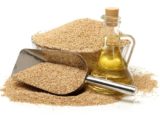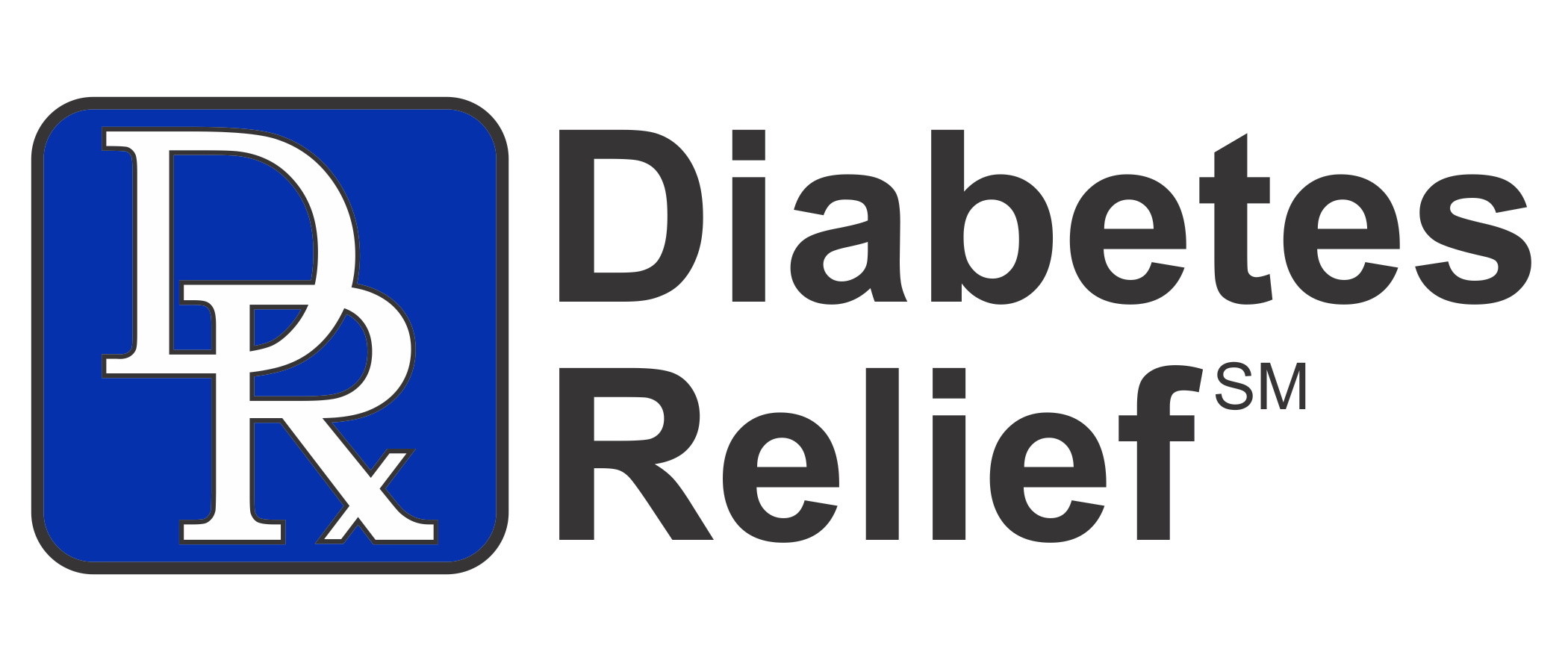Human clinical research from respected, peer-reviewed journals reveals that simple dietary changes–like eating sesame  paste (tahini) daily–can have huge impacts on risk factors for common deadly diseases. Research studies have shown that sesame seeds are a SUPERFOOD! Food can be curative and may help us finally to put the “war against heart disease” (like the failed “war on cancer”) to rest. Think about it: drugs don’t “cure” disease any more than bullets cure war.
paste (tahini) daily–can have huge impacts on risk factors for common deadly diseases. Research studies have shown that sesame seeds are a SUPERFOOD! Food can be curative and may help us finally to put the “war against heart disease” (like the failed “war on cancer”) to rest. Think about it: drugs don’t “cure” disease any more than bullets cure war.
A study published in November 2013 in Archives of Iranian Medicine looked at a traditional, sesame-based food-medicine, Ardeh (we Westerners know it as tahini), for its ability to decrease cardiovascular risk factors in Type 2 diabetics. The study shows that sesame seed can reducing blood markers of cardiovascular disease risk by 39% in only six weeks!
Westerners think of heart disease protection with aspirin and statin drugs more than exercise and eating better. Decades of intense marketing and miseducation have caused millions to think of the #1 killer as an inevitable force and that we must fling pills and pharmaceutical potions at it to “minimize the risk,” instead of striking the core of the problem and resolving it permanently.
We at Diabetes Relief are all about getting to the core of a problem, as we treat metabolic disorder at the root cause, so we should surely take note of what sesame seeds can do for us.
The study consisted of 41 T2DM patients, randomly assigned to Group A (Ardeh 28 g/d, n = 21) and Group B (control, n = 20). For six months Group A patients were given 28 grams of Ardeh with their breakfast, while Group B patients continued with their regular breakfast.
Both groups were evaluated at baseline and six weeks later for blood pressure, serum levels of total cholesterol (TC), triglycerides (TG), LDL-C, HDL-C, and the so-called atherogenic index (i.e. heart disease promoting index) of plasma (AIP; log TG/HDL-C), TC/HDL-C ratio, and LDL/HDL-C ratio.
“After six weeks, significant decreases in serum TG (15.3 mg/dL) and AIP (39 %) in group A plus slight decreases in serum TC, LDL-C, and other atherogenic lipid parameters and a mild increase in HDL-C during Ardeh supplementation.” The researchers thus concluded that Ardeh [tahini/sesame paste] could decrease CVD risk factors in type 2 diabetics. The tahini used in this study was plain and simple ground sesame seed, with no added oil. If this had been a drug trial, results like these would be broadcast the world over as the next life-saving (multi-billion dollar selling) blockbuster drug.
Other clinical studies found sesame’s benefits for cardiovascular health or diabetes: (1) A 2012 study in European Journal of Preventive Cardiology: “Sesame oil consumption exerts a beneficial effect on endothelial function in hypertensive men; (2) A 2010 study in Clinical Nutrition: “Sesame oil exhibits synergistic effect with anti-diabetic medication in patients with type 2 diabetes mellitus; (3) A 2006 study in Journal of Medical Food: “The substitution of sesame seed oil as the sole edible oil lowers blood pressure and glucose in hypertensive diabetics; and (4)A 2006 study in the Yale Journal of Biological Medicine: “Sesame seed oil has a beneficial effect in hypertensive patients on either diuretics or beta-blockers.” Finally, another recent study that found that eating 40 grams of sesame seeds (2T of tahini), was superior to Tylenol in reducing pain in those suffering from knee arthritis.
So sesame is a super star among medicinal foods! Why not add it to your shopping list and find a use for it every day?
Facts in this article come from Dr. Sayer Ji’s GreenMed Info.
